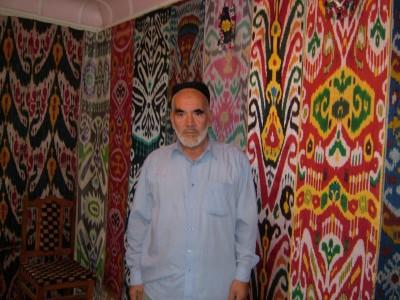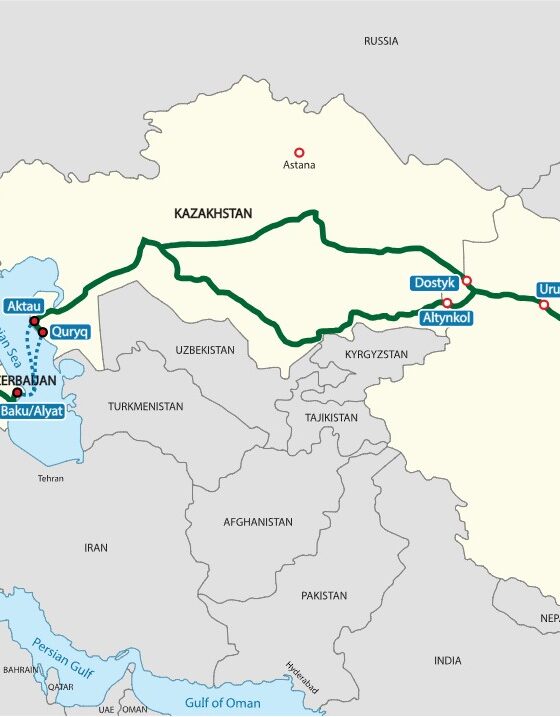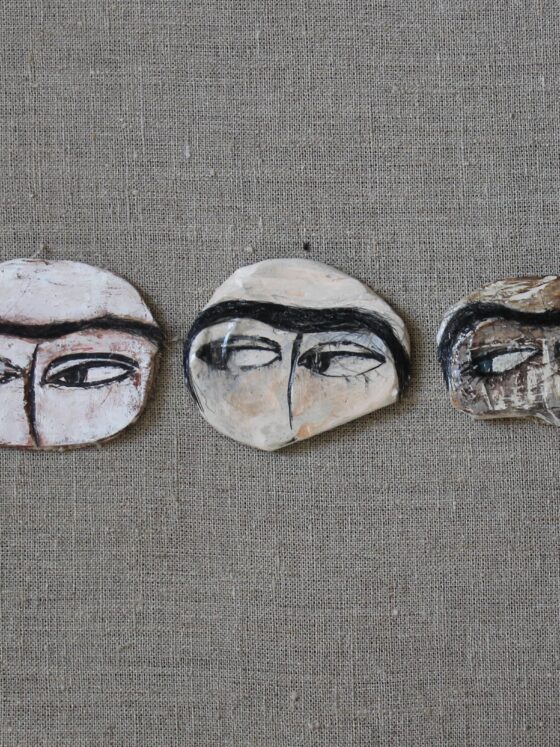Uzbekistan Initiative Papers No. 9, February 2014
By Gül Berna Özcan
Despite extensive Soviet purges and the state monopoly in manufacturing, Uzbekistan today still remains home to the most fascinating artisanal traditions in Central Asia.
For more than a millennium, great masters and their disciples have expressed their virtuosity in weaving silk, shaping metals, carving wood, and turning mud into pottery.
The most fascinating region, rich with such traditions, is the Fergana Valley where, dotted along a stretch of the ancient Silk Road, numerous small towns are specialized in particular crafts.
Through tireless repetition of time-honored practices, many artisans and families have managed to maintain their crafts as rituals, as well as a source of identity and livelihood.
The social fabric of the community is nested in craft production, cottage industries and barter trade. Neighbors and relatives frequently cooperate and perform additional tasks. Extensive networks of relatives and friends help with buying and selling.
Uzbek Government praise artisans as symbols of Uzbek national authenticity, sources of pride and generators of jobs. But, there seems to be no real will and structure in place to improve the working conditions of artisans. Moreover, trade restrictions, arbitrary customs rules and corruption suffocate small enterprises.













